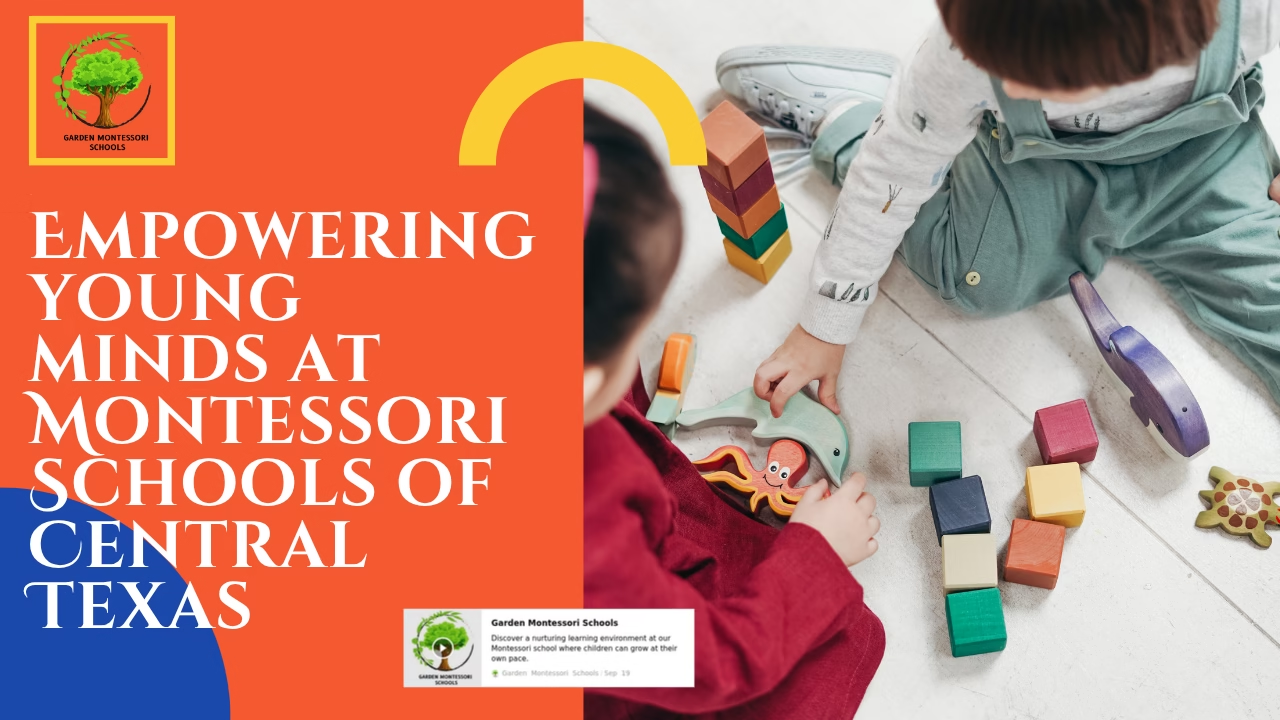Whether it’s the child’s first day in kindergarten or preschool or moving up a grade, emotional preparation and practical planning are key.
We want our kids to step into this critical day confidently, and ‘this guide’ provides pointers that boost parents while equipping children for the big step! Understanding what happens on this day helps us plan strategies that ease the transition, ensuring a successful start to the school year.
What Does The First Day At School Look Like?
Curiosity paired with excitement gives nerves an added boost, making the first days very interesting. For little ones newly faced with different faces, routines, and unfamiliar environments, attempting to culture their new surroundings may feel impossible.
Generally, every day starts with San Tall greeting sessions followed by introduction rounds with tours across the classrooms. After welcoming everyone,
Interactive activities, such as story time explainers and light mental games, alongside introducing young kids, encourage them to engage socially after their discipline classes, building bonds among one another while trying to settle down.
Thus, students gradually become accustomed to a routine over time. Adjusting varies individually, whereby some might take ages, while others seem far too eager, diving straight into the deep end.
Parents should be mindful of a child’s hesitation or clinginess, but there is no need to worry. Most children will adjust within a few days with support from their parents and teachers.
Being aware of the schedule helps ease some stress and makes your child feel emotionally supported. You can help them transition into being school-ready by having set morning routines for them during the holidays.
Knowing what needs to be done on the first day helps both you and your child approach it with confidence.
How To Get Your Child Ready For Their First Day Of School?
The first day of school can be stressful and overwhelming for both parents and children. Start the discussion with your child by explaining that school is a fun place to make friends and learn new things.
It is helpful to discuss all the exciting activities they will participate in during class, such as learning new concepts and playing during recess. If possible, explore the building in advance so that your child can meet their teacher or play on the playground before the start of the school year.
This allows them to acclimate to their surroundings instead of being overwhelmed on the first day.
For younger kids, practice mornings with scheduled wake-up times, breakfast, getting dressed, and practicing any rituals, such as brushing their teeth, that help clear their minds. Lastly, allow them to choose their lunchbox and backpack to give them some independence.
Allowing for the celebration of small acts, such as putting on shoes or eating alone, also helps build emotional preparedness. Regulating feelings while ensuring that you are proud also helps significantly, boosting emotional planning.
Campaigning in a controlled environment can also aid in emotional regulation through the use of simulated narratives. All in all, when handling readiness material with warmth, everything becomes smoother technically, with less frustration, allowing for self-discovery to come fully prepared.
Why is the First Day of School So Important?
The first day of school is more than just a date on a calendar; it marks the beginning of the entire year’s activities. A child’s coping skills and learning associations are conditioned based on their experiences through various stages of development.
Young children, especially, begin to develop socially, while older students get an opportunity to rekindle responsibility. Parents receive signals about how independent their child has grown. Teachers focus on assessment during this period to gauge social, emotional, and learning readiness.
An enjoyable experience supports a healthy bond between student and teacher in the future.
On the other hand, chaotic or complex days might foster anxiety about schooling down the line.
That serves as motivation for educators seeking to improve emotional experiences for children during these critical meetings with teachers. By honoring progress and celebrating positive behavior at achievable milestones, you’re teaching them that skill mastery is delightful, alongside the joy of making friends.
At the same time, Garden Montessori Schools provides a safe and pleasant environment.
What Should Parents Do on Their Child’s First Day of School?
Staying calm and reassuring is one of the most important things that parents can do. Children take emotional cues from adults, so if you are anxious, they will be too.
Positivity when saying goodbye in the morning can also be helpful; offering hugs and praise is a great start and makes parting easier. While prompts are helpful, setting up anxiety-reducing short farewells, which are positive, will help ease anxiety.
Small goals, such as “Today you’ll meet your teacher and find your desk,” also work wonders. Providing comfort items, like keychains or notes tucked into lunch boxes, that remind them of home also helps.
Turning off daydreaming mode by creating space after school to discuss their day helps too — asking open-ended questions, such as “What was the best part of your day?” or “Did you try something new?” encourages them to think critically.
Celebrating small wins, such as receiving an afternoon snack coupled with verbal praise, helps reinforce these behaviors in children.
Lastly, maintaining conversations about schooling with both your child and their teacher fosters collaboration, which enables you to stay updated while feeling informed about adjustments being made in school life, enabling support along the way.
FAQs
What if my child cries on the first day of school?
All young children tend to cry on their first day at school, and this is a normal reaction. It’s helpful to stay calm and provide comfort while trusting the staff to resolve the situation. Most children calm down shortly after the parent departs.
How early should I start preparing for the first day of school?
One or two weeks before school starts is best because it allows them to gradually increase their sleep and address any anxieties they may have.
Should I stay with my child on the first day of school?
In most cases, short goodbyes are more effective than staying close. Keeping a low profile helps children accept separation. Brief visits can support transitioning, but staying in class may reinforce clinging behavior.
How do I know if my child is ready for their first day of school?
Observe these indications: Increased self-direction in washing hands, socializing with other children, teaching simple tasks, and verbalization.
Conclusion
The first day marks a significant milestone for both children and their parents. What appears to be a stressful situation can be transformed into a learning-filled joy for the child with proper preparation, trust, and resources from parents.



